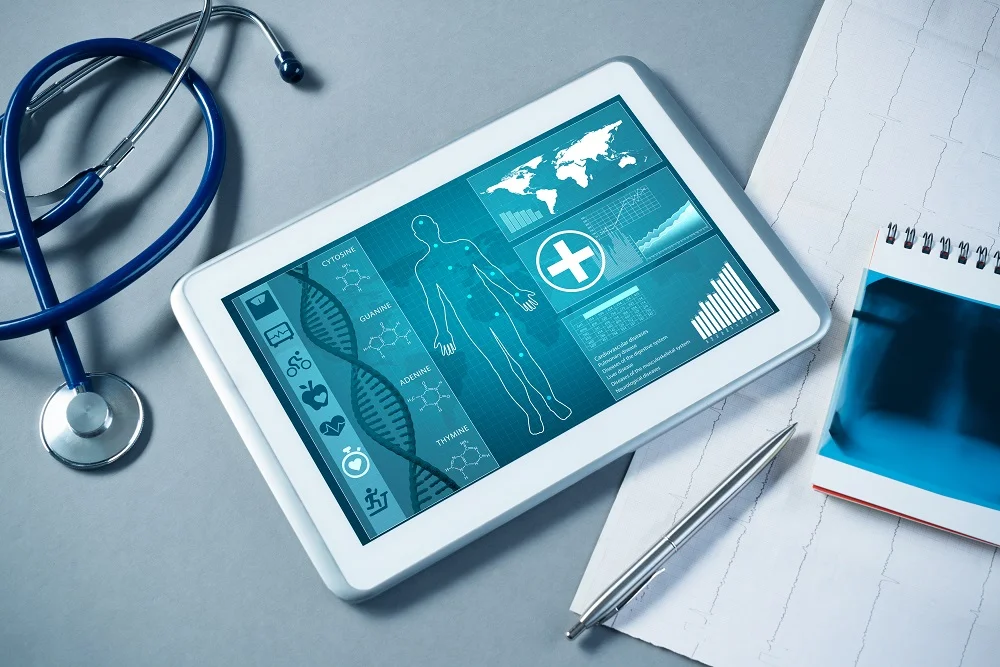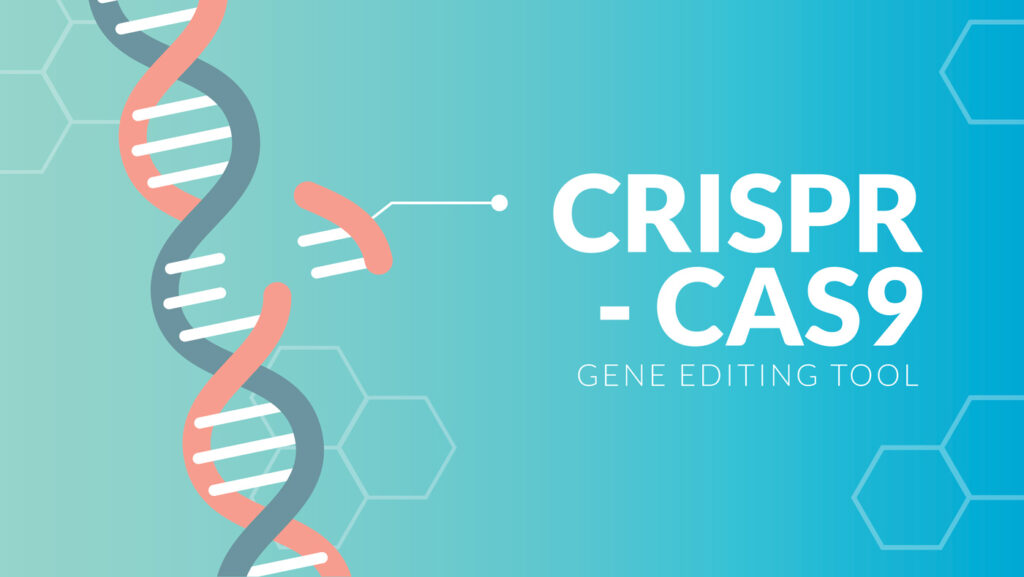The convergence of biology and technology is reshaping the landscape of healthcare. From precision medicine to disease prevention, biotechnology is at the forefront of innovation. Let’s delve into some of the most exciting advancements.
Wearable Health Tech: Personalizing Healthcare

Smartwatches and Fitness Trackers: These devices monitor heart rate, sleep patterns, and activity levels, empowering individuals to take control of their health. 1. Sensors in Smart Watches and Fitness Trackers: How Do They Work? – Starmax Technology.
Continuous Glucose Monitors: For people with diabetes, these devices provide real-time glucose data, enabling better management of the condition. 1. Continuous Glucose Monitoring – NIDDK – National Institute of Diabetes and Digestive and Kidney Diseases.
Remote Patient Monitoring: Wearables can transmit vital signs to healthcare providers, facilitating early intervention and improved care. 1. Single-Use Wearable Wireless Sensors for Vital Sign Monitoring – NCBI Bookshelf www.ncbi.nlm.nih.gov
AI-Driven Drug Development: Accelerating Discovery
Drug Discovery: AI algorithms can analyze vast datasets to identify potential drug candidates, significantly speeding up the drug development process. 1. AI is Needed to Predict the Probability of Success in Drug Development – Intelligencia AI.
Personalized Medicine: By analyzing patient data, AI can help tailor treatments to individual patients, increasing effectiveness and reducing side effects. 1. Innovation and challenges of artificial intelligence technology in personalized healthcare | Scientific Reports – Nature.
Clinical Trials: AI can optimize trial design, patient recruitment, and data analysis, leading to faster and more efficient trials. 1. Harnessing artificial intelligence to improve clinical trial design | Communications Medicine.
Gene Editing

Base Editing and Prime Editing: These are next-generation CRISPR technologies that offer even more precise gene modifications. Base editing allows for the direct conversion of one DNA base into another, while prime editing can insert, delete, or replace sections of DNA without causing double-strand breaks. These tools are being explored for treating genetic disorders with high precision and minimal off-target effects.
CRISPR-Cas9: This gene-editing technology has become a cornerstone in biotechnology. It allows scientists to make precise edits to the DNA of organisms, enabling the correction of genetic mutations. Recently, CRISPR has been used in clinical trials to treat conditions like sickle cell disease and certain types of cancer. Newer variations, such as CRISPR-Cas12 and CRISPR-Cas13, are expanding its capabilities beyond DNA to RNA editing, opening up possibilities for treating viral infections and other RNA-based diseases.
Conclusion
These advances highlight the convergence of biotechnology and technology, driving innovation in healthcare and opening new avenues for treatment and disease management. The future of healthcare is increasingly digital, personalized, and data-driven, thanks to these groundbreaking developments.





Leave a Reply